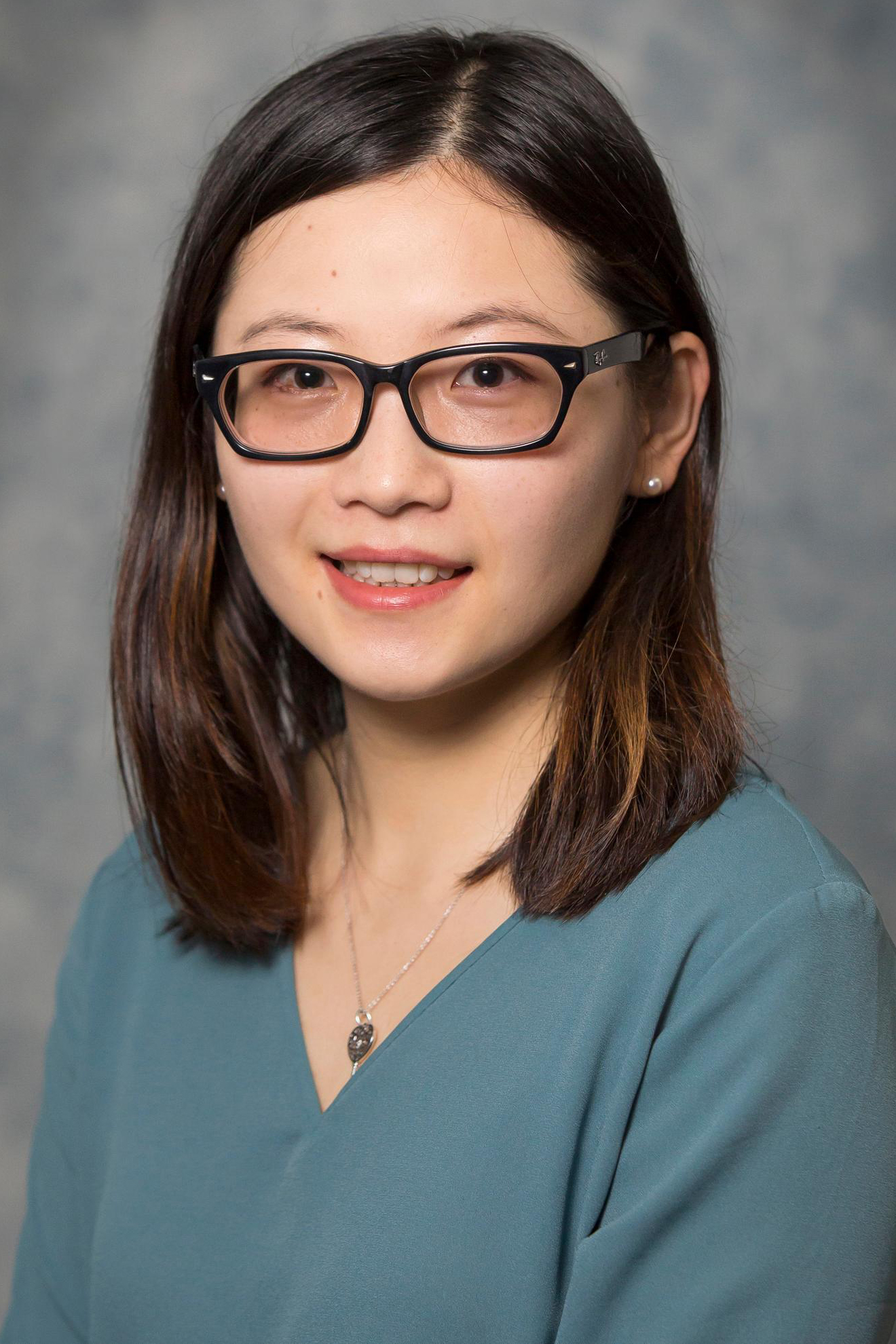Assistant Professor Studies Disparities in Dementia Care
Alzheimer’s Disease Related Dementias, known as ADRD, are some of the costliest health conditions in the U.S. and around the world. Getting the right care and being able to pay for professional help are crucial. That’s why Hanzhang Xu, Ph.D., RN, assistant professor at Duke University School of Nursing, has made it her mission to address health inequities in cognitive aging and dementia care on a global level.
Xu is a geriatric nurse scientist and health services researcher in School of Nursing at Duke whose research focuses on dementia care and cardiovascular research in older adults. There is a growing need to promote equity in dementia care, she says, because some groups have a higher risk of developing the disease, yet have limited access to services and programs to lower their risk.
“Prior research has found that non-Hispanic Black and Hispanic older adults had poorer cognitive function and more functional limitations than their white counterparts at the time when they received their dementia diagnoses,” said Xu. “Addressing these health inequities is not only a moral imperative but also an economic and social necessity.”
Xu’s earlier work focused on older adults and their caregivers in Asia, including migration, chronic disease management, and cognitive aging. While studying at Duke University, she began to focus more on U.S. population disparities, including those among racial and ethnic minorities.
“Some communities have a higher disease burden, and we want them to be more involved in research so we can share what we’ve found to give back,” said Xu.
Along with her role as an assistant professor, Xu is also a senior fellow at Duke’s Center for the Study of Aging and Human Development and a faculty affiliate at the Duke Global Health Institute. She is the principal investigator of several projects funded by the National Institutes of Health and the American Heart Association with a total award amount of more than $1M.
Her research projects use electronic health records, Medicare claims, and national and international survey data to improve the cardiovascular and brain health of older adults through a lens of equity. More than 50 peer-reviewed publications in top-tier journals in nursing, gerontology, and cardiovascular research have featured Xu’s work, and her studies have received extensive international media coverage, including in TIME, Forbes, and WebMD.
“I strongly believe in the power of nursing to end health inequities,” said Xu. “My goal in this work is to advance our knowledge of cardiovascular and brain health in diverse, aging populations, develop and implement new patient-centered, evidence-based care that promotes health and well-being and reduces inequities, and provide a brighter future for millions of older adults around the world.”
